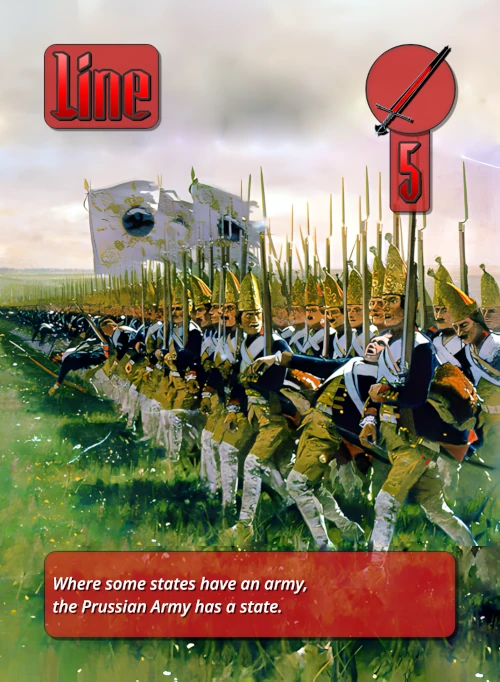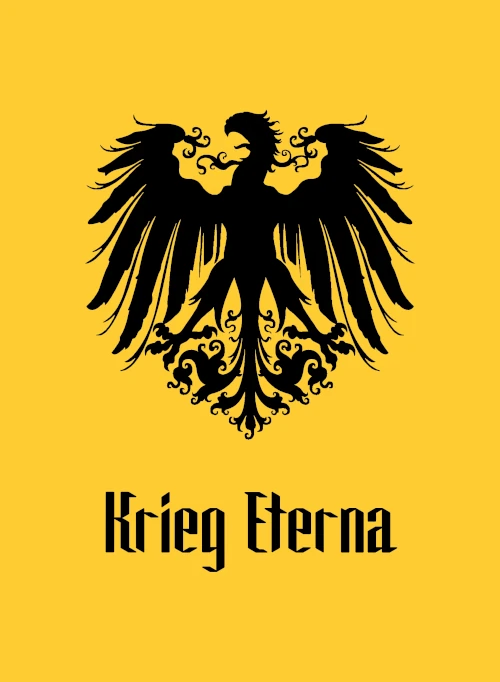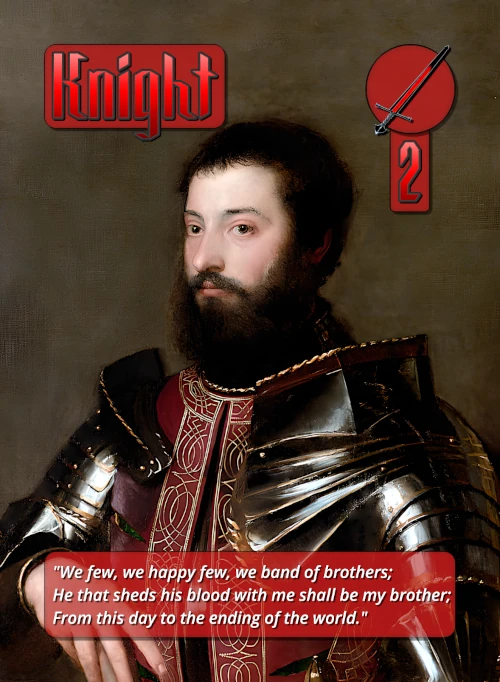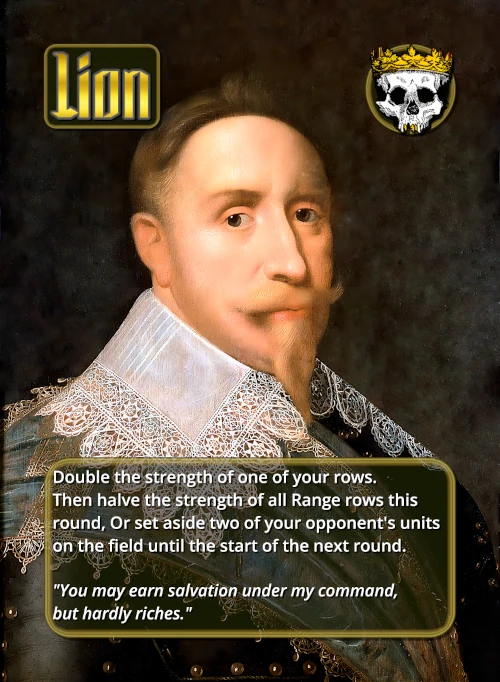Strength: 5
Type: Melee Unit
Flavor Text: Where some states have an army, the Prussian Army has a state.
Flavor Source: Voltaire, Count Mirabeau, various
Artwork: Attack of Prussian Infantry by Carl Röchling (1913)
About the card:
War is probably the most expensive project any society can embark on and then more expensive. The Thirty Years War was a conflict in which the lack of pay available to soldiers and their colonels was a defining aspect of the war. Often territory would be ceded to military leaders directly in lieu of pay or as collateral for bankrupt monarchs, and the expenses of armies routinely doubled or tripled the annual tax base of the states that recruited them. A prominent example would be the Duke of Bavaria, Maximilian I, who used his military victories and support of the Emperor as leverage to take the Electorship of the Palatinate once Frederick V was outlawed (see also Winter King). Another example would be Albrecht von Wallenstein, the Emperor's principle general and recruiter, who wrote off 4,750,000 florins of debt to the imperial treasury, in exchange he was elevated into an imperial prince and received the Duchy of Mecklenburg.

So it is fitting that two small nations, the Swedish and the Brandenburg-Prussians, punched far above their demographic and economic weight by conscripting large parts of their nations for war. After the conclusion of the war Brandenburg-Prussia, which was devastated and depopulated, was convinced of the need for a standing army rather than the Landsknechts it had used extensively during the Thirty Years War (see also Pike). This standing army, which at one point would consume three quarters of the state's budget, would go on to not only dominate Germany, but also to shape military thought for much of the coming centuries. The card art depicts the Battle of Hohenfriedberg in which the Prussian Army crushed the Austrian Army in the Second Silesian War, cementing Prussia as a great power in Europe and earning its King, Frederick II, the monicker "The Great".






